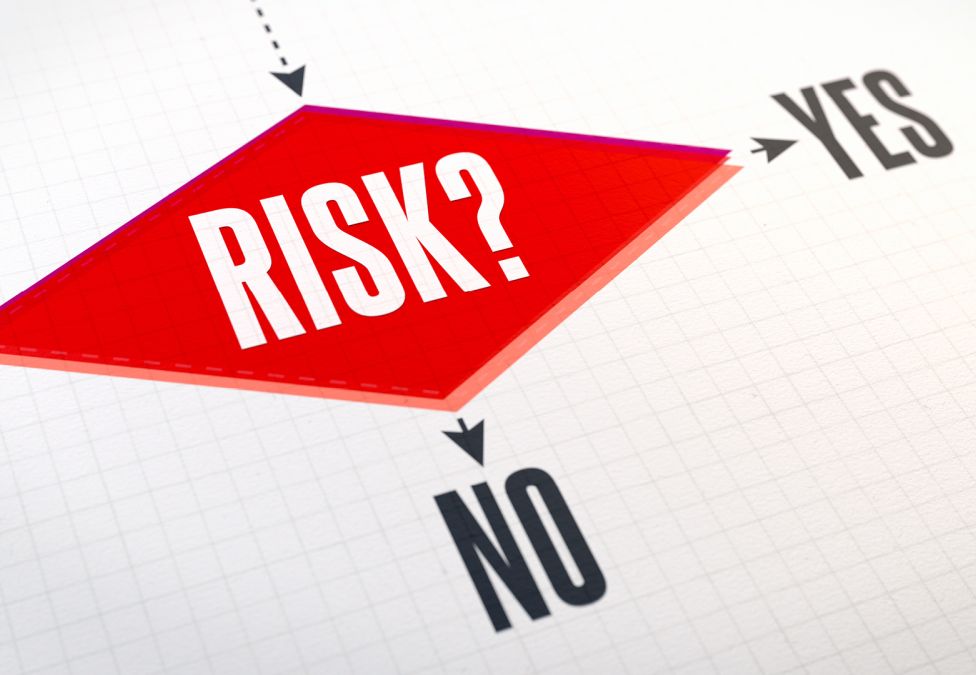
Launching and running a small business or startup is as much about managing risk as it is about bringing a great idea to market. Whether you’re opening a small-town bakery or launching a biotech startup, entrepreneurship requires a strong risk appetite and comfort with the unknown. The United States is a country of innovators and risk-takers. Our entrepreneurs are the fuel that helped the nation become and remain the largest economy in the world for over a century.
When entrepreneurs decide to take the leap and launch a business, they do so with an expectation of a certain amount of predictability. Unfortunately, the recent level of policy volatility has disrupted the entrepreneurial ecosystem and is creating existential risks for American entrepreneurs, from Main Street to Silicon Valley. Innovation needs a certain amount of stability to thrive. Today, the ground is shifting. Without action, this uncertainty will create long-term risks for our economy.
The US has cultivated the most productive and innovative entrepreneurial ecosystems in the history of modern capitalism. Our world-class academic and government research institutions have developed inventions like the internet, which has generated trillions in global economic growth. We are also the country where a rural discount retailer can grow into a global disruptor. American innovations have consistently reshaped how the global economy operates for over a century
Innovation does not occur in a vacuum, however. It requires an ecosystem and a steady supply of supportive capital, talent, education, and policies.
Uncertainty makes planning a challenge for businesses of any size. The Federal Reserve’s Beige Book, noted in its release in May: “All Districts reported elevated levels of economic and policy uncertainty, which have led to hesitancy and a cautious approach to business and household decisions.”
More recently, the July 2, 2025, Dallas Federal Reserve survey highlighted that “The current political uncertainty is causing apprehension and concern about small, independent oil and gas companies’ economic viability”.
We’ve seen a growing number of public companies resort to the unusual move of pulling their earnings guidance. Economists and Wall Street banks are warning of a recession later this year.
When faced with risks, businesses can choose to terminate, tolerate, treat, or transfer risks. In today’s unpredictable environment, the “right” option may change daily.
This volatility is creating real financial costs for business owners like Eric Henry, president of TS Designs, based in Burlington, NC. He shared the challenges his company has faced over the last six months in a recent LinkedIn post. TS Designs manufactures shirts that are entirely made in the United States from “dirt to shirt.” In the apparel industry, the newest, most efficient, and environmentally friendly manufacturing equipment isn’t made here in the US, but in Europe. The order for a new machine was placed long before fluctuating trade and tariff policies emerged.
Since January, Eric has had to secure additional financing, pay an extra 10 percent tariff, and ship the equipment via air to manage around uncertain and shifting tariff schedules than if it came via cargo ship, a cheaper way to ship. This is all against the backdrop of a falling US dollar, which has made importing any good more expensive. His known unexpected costs to date are over $10,000, and production has been delayed by six months. When you’re running a small business or startup, every lost dollar and every lost day counts.
Big companies with big balance sheets and ample cash reserves can more easily weather this type of volatility. Small businesses have narrow margins, and on average, 70 percent have less than four months of operating cash reserves. CB Insights found that nearly 38 percent of startups failed because they ran out of cash. This recent policy volatility is having—and will continue to have—a disproportionate negative impact on small businesses and startups, which simply do not have the same financial buffers as their larger competitors. Many often face systemic challenges with access to capital under normal economic conditions. Cash is king and ultimately determines how well companies can manage through economic volatility. Economic downturns always hit small businesses harder, as we saw during the Great Recession and the pandemic. Business owners are facing both economic and policy uncertainty.
It is critical not to lose sight of how this volatility risks not only wiping out an entire vintage of small businesses and startups—many of which have only just begun to recover from the pandemic—and what that ultimately means for innovation and, therefore, our economy over the long term.
Startups drive the bulk of net new job creation. In fact, “new establishments and new firm openings are an important indicator—although less discussed than employment or gross domestic product—of the fundamental health of an economy.” Some studies estimate that “despite their small size, employer startups have contributed about 15 percent to aggregate job creation, and some studies have shown that about 25 percent of aggregate growth can be attributed to entrants alone.”
Startup activity also drives what economists call creative destruction: new businesses, ideas, and jobs replace outdated ones. Even if those businesses do not survive, they are essential to a healthy economy. This cycle drives our economic dynamism and productivity, which helps keep our economy growing.
Think of the economy as a living, breathing organism—we must constantly create new cells to be healthy and robust. Startups and small businesses are the cells. Not all will survive, but we need to foster and preserve the conditions in which they can be created. Policy volatility and economic uncertainty hinder new cell formation and survival.
The pandemic prompted a surge in new business formation, reversing a decades-long decline in entrepreneurship. Unfortunately, signs are emerging that those trends are starting to stall, and new business formation fell sharply in March as policy volatility increased. We should be fostering an environment and policies that support new business formation and small business survival rates.
Ignoring the impact this volatility has on the small business and startup community ultimately undermines our potential for innovation and future economic growth. Even stringent regulations, when applied consistently, allow business owners of all sizes to plan.
We currently face the risk of not only an economic recession, but also another entrepreneurial recession triggered by this volatility. Although the media, markets, and most economists tend to focus on the near-term costs of this policy volatility, we must never lose sight of the long-term costs. Policy stability must be treated as a foundation of innovation—not a secondary concern.




















